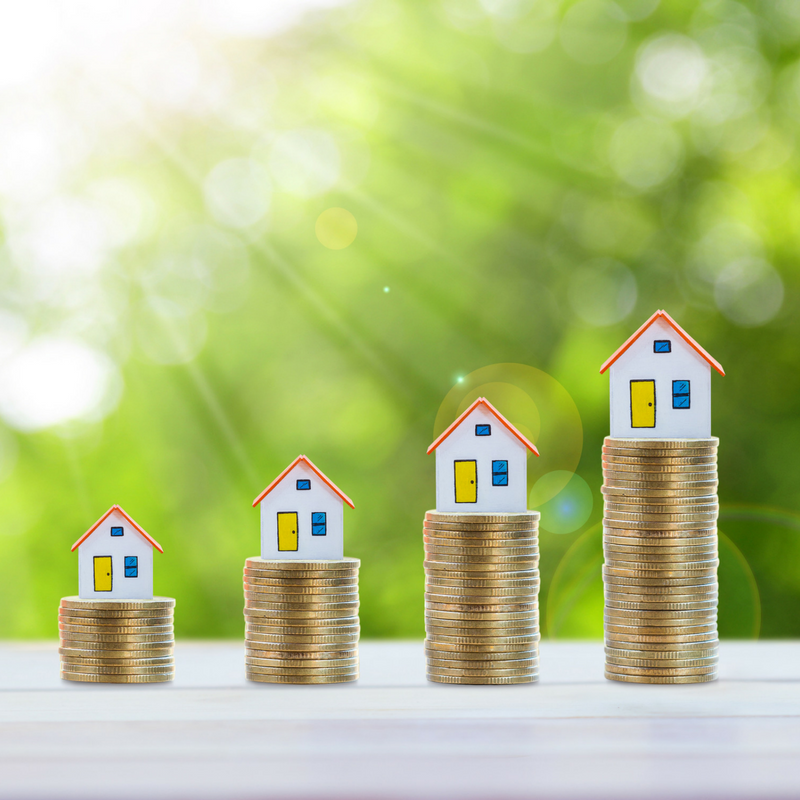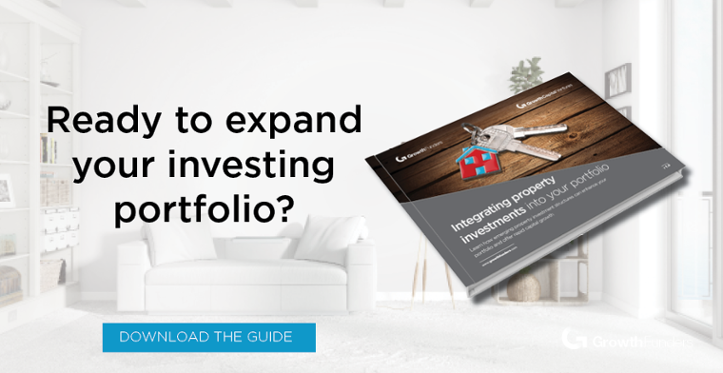How do you invest in property as an income-focused investor?
When it comes to investing into property, one of the high level options that needs to be made is whether you want to invest for growth or for income. That can be a decision that's made on an entire portfolio level or more independently, such as if you had a sum of money to invest or a new financial requirement.
Last week I talked about the first of these two options - investing into property as an investor with a growth-focused mindset - and today I want to look at the opportunities open to you in property as an income-focused investor.
What is an income-focused investment?
In the simplest of terms, if you're making an income-focused investment into property, you're making an investment for the purpose of generating a regular return. Generally speaking this is a yield on your investment that's received on a basis anywhere from monthly to annually.
In the traditional, wider sense of investing, income-focused investments were usually not as popular as their growth-focused counterparts; those where you would invest a capital sum and realise a return after a period of time (i.e., upon the sale of shares that have increased in value).
With property investing, it would be true to say the the opposite is the case, and whilst investing for growth is undoubtedly a favourable option - especially in more recent times - mention property investments and the majority of people would think first of buy-to-let, arguably the most popular of income-focused investment opportunities.
What opportunities do you have to invest for income with property?
As I mentioned last week, the lines between investing for income and investing for growth when it comes to property very much overlap. They're not mutually exclusive options.
However, if we look at the income aspect specifically, the opportunities accessible can generally be divided up into two styles - whether you're looking for a rental yield or a dividend yield.
Rental yield
One of the most notable examples of property investment opportunities that produces a rental yield is buy-to-let. The example in our guide 'integrating property investments into your portfolio' gives a perfect overview of a rental yield from a buy-to-let property:
If you invested in a buy-to-let property that cost £150,000 and you achieved a market rent of £750 per month, this would provide income of £9,000 per year. Your annual rental yield would be 6%.
Clearly an attractive investment proposition, it's important to remember this is your gross yield, and as the guide goes on to say:
You need also to consider purchase completion costs, mortgage costs, lettings agent fees, landlord’s insurance, maintenance costs, rental voids (periods without tenants), and tax...to calculate your net rental yield.
Now although the term 'buy-to-let' is very much one associated with residential properties, the reality is it's applicable to any property - residential, commercial or industrial - that's purchased for the primary intention of letting it to tenants.
Dividend yield
In a nutshell, a dividend yield accounts for frequent payments you receive from various investments, generally into shares, that perform to at least the anticipated level. This last point is important to note, as dividends aren't guaranteed in any way, shape or form. They're tied directly to the performance of the asset - shares in a property company, for instance.
Take Land Securities as an example, a company that trades openly on the London Stock Exchange (LSE). Using the figures from the example in our guide once more:
If you invested £10,000...at a share price of 50p, you would purchase 20,000 shares. If the investment performed suitably well, it may pay out an annual dividend of 3.1p per share. This £620 would represent a 6.2% gross dividend yield on your investment. However, if the investment performed poorly, it may well offer no dividend at all.
Of course, as with rental yields, the above growth is gross. Dividends will realistically incur fees, taxes and with the investment as a whole, management fees and / or performance fees.
The tax implications of investing into property for income
The vast majority of income you'll receive from an investment will be liable to some form of tax. Now there are some notable exceptions - any profits made from investing in EIS opportunities are not subject to Capital Gains Tax (CGT), for instance - but for the most part with property specifically, any money made will be liable to tax.
I talked about how in terms of growth-focused property investments it's generally CGT, but with income-focused investments, it's usually income tax.
Calculated by combining any dividend income to any other regular income you receive (i.e., a salary), income tax is paid depending on the bracket you fall into. As of February 2018, they are:
- Tax free allowance: 0% for income up to £11,500
- Basic rate: 20% for income between £11,501 and £45,000
- Higher rate: 40% for income between £45,001 and £150,000
- Additional rate: 45% for income above £150,001
And as I discussed with growth-focused investments, you are legally obliged to pay the tax due - but there are genuine ways you can reduce this.
Looking at the EIS tax reliefs as an example, any investment into an EIS-eligible opportunity brings with it the ability to reclaim 30% of the investment off your income tax bill. Therefore, a £10,000 investment means you can reduce your tax bill by £3,000.
Investing into property for an income
Making an investment into property - whether that's as someone specifically looking for income-focused investments or not - can undoubtedly be beneficial. As with any investment, there is always risk involved, but the sheer variety of property investments means you can almost always invest in a way that matches your preferred risk profile.
And this variety extends to other investment options, especially under the umbrella of income-focused investments.
From risk profiles and return rates through to return periods and capital requirements, investing into property with an income-focused mindset is so varied that there truly are options available to most investors.
%20(3)%20(2).jpg)






